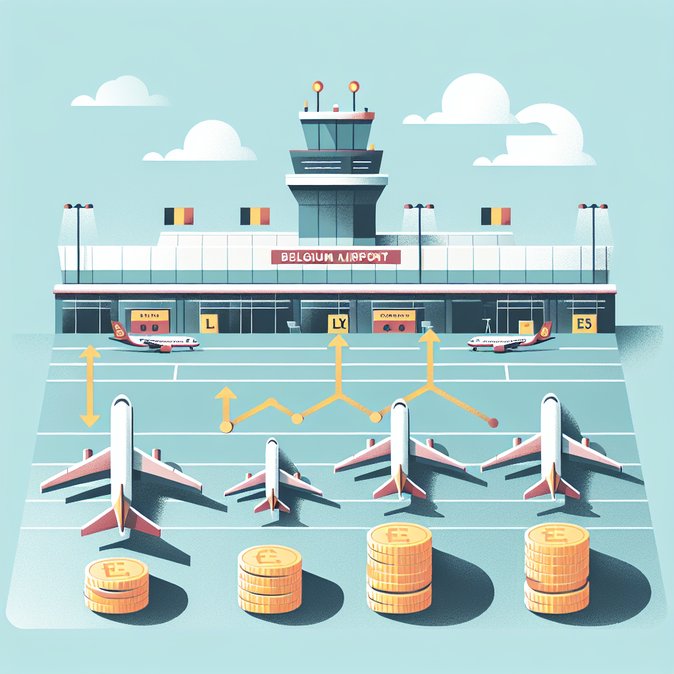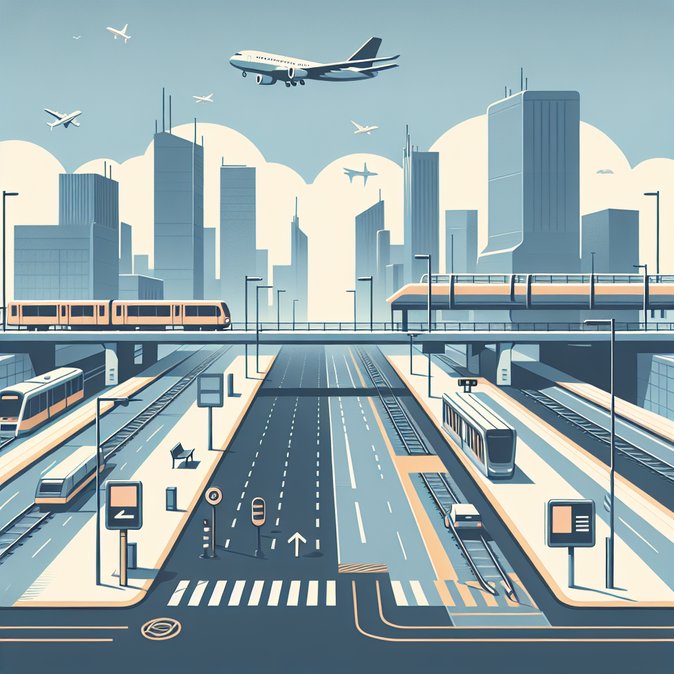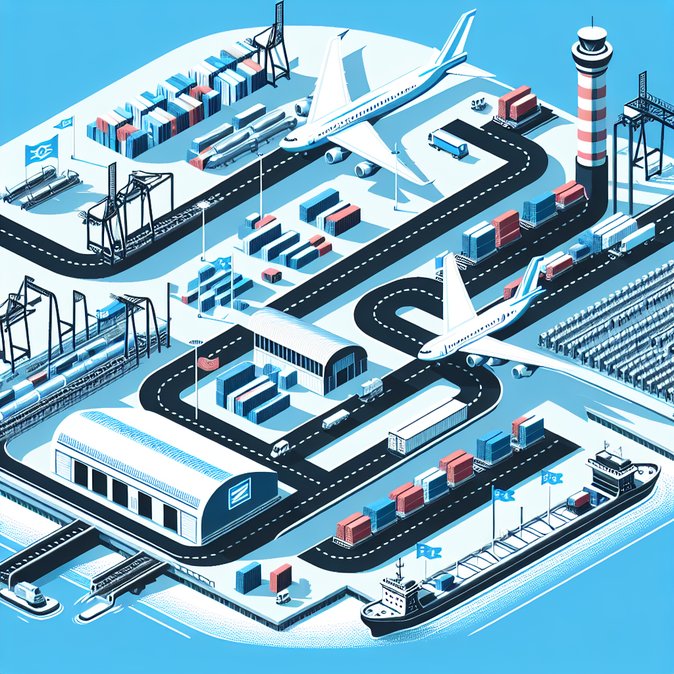
After marathon negotiations that stretched into the early hours of 24 November, Belgium’s five-party coalition signed off on a 2026 budget that leans heavily on new consumption taxes—including a surcharge on airline tickets—to shrink a yawning public-finance gap. The agreement ends months of fiscal deadlock but creates fresh cost pressures for corporate travel programmes that use Brussels as a regional hub.
According to Prime Minister Bart De Wever, the package will raise €9.2 billion by 2029 through a mix of spending cuts and targeted levies. Headline measures include a higher VAT rate for selected services and a so-called ‘green contribution’ on commercial air tickets. Although the exact tariff bands will be set in secondary legislation next spring, coalition sources briefed local media that economy-class flights under 500 km will incur a €10 fee, medium-haul flights €25 and intercontinental trips €40.
![Belgian Budget Deal Adds New ‘Green’ Tax on Airline Tickets]()
Belgium already applies an environmental tax on very short flights, but the widened scope means that virtually every corporate itinerary routed through Brussels or Charleroi will become more expensive. Travel managers estimate the change could add €300,000-€500,000 per year to the air budgets of a mid-sized multinational with a 5,000-ticket portfolio. Airlines have warned that additional charges risk diverting price-sensitive passengers to neighbouring airports in Lille, Eindhoven and Düsseldorf.
The budget deal must still clear parliament, where the opposition Flemish nationalist Vlaams Belang has criticised the air-ticket tax as ‘anti-business’. Yet with all governing parties now on board, observers expect the measure to pass before the Christmas recess. Companies with expatriate payrolls in Belgium should therefore factor higher travel costs into 2026 assignment budgets and revisit commuter policies that rely on weekend flights home.
Beyond aviation, the budget also lifts excise duties on natural gas, introduces a bank-levy and scraps an earlier mooted across-the-board VAT hike. For global-mobility teams, the key takeaway is that Belgium’s cost of moving people and goods is set to rise—prompting some to reassess the relative attractiveness of Brussels as a European headquarters location.
According to Prime Minister Bart De Wever, the package will raise €9.2 billion by 2029 through a mix of spending cuts and targeted levies. Headline measures include a higher VAT rate for selected services and a so-called ‘green contribution’ on commercial air tickets. Although the exact tariff bands will be set in secondary legislation next spring, coalition sources briefed local media that economy-class flights under 500 km will incur a €10 fee, medium-haul flights €25 and intercontinental trips €40.

Belgium already applies an environmental tax on very short flights, but the widened scope means that virtually every corporate itinerary routed through Brussels or Charleroi will become more expensive. Travel managers estimate the change could add €300,000-€500,000 per year to the air budgets of a mid-sized multinational with a 5,000-ticket portfolio. Airlines have warned that additional charges risk diverting price-sensitive passengers to neighbouring airports in Lille, Eindhoven and Düsseldorf.
The budget deal must still clear parliament, where the opposition Flemish nationalist Vlaams Belang has criticised the air-ticket tax as ‘anti-business’. Yet with all governing parties now on board, observers expect the measure to pass before the Christmas recess. Companies with expatriate payrolls in Belgium should therefore factor higher travel costs into 2026 assignment budgets and revisit commuter policies that rely on weekend flights home.
Beyond aviation, the budget also lifts excise duties on natural gas, introduces a bank-levy and scraps an earlier mooted across-the-board VAT hike. For global-mobility teams, the key takeaway is that Belgium’s cost of moving people and goods is set to rise—prompting some to reassess the relative attractiveness of Brussels as a European headquarters location.


